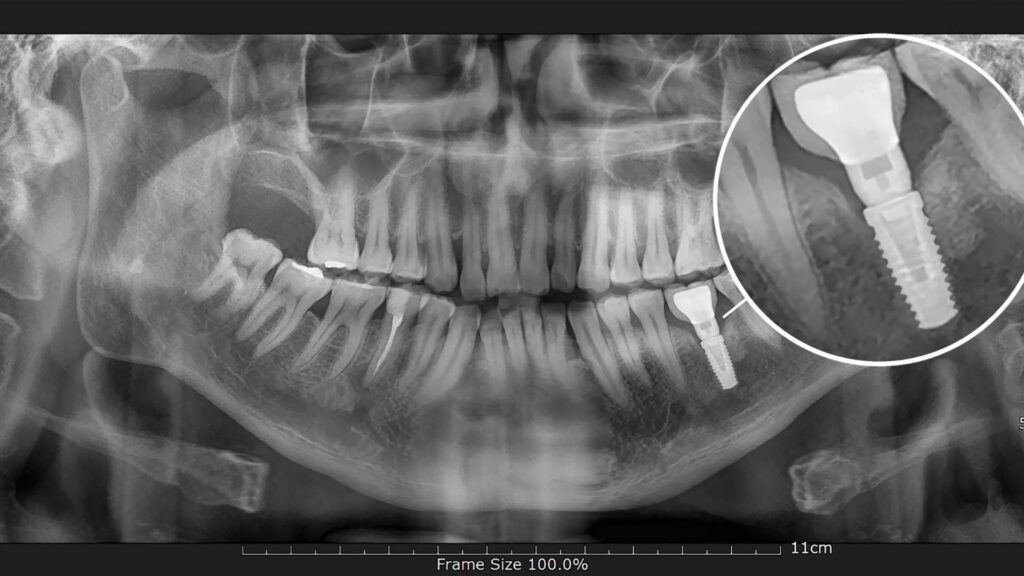The Impact of Smoking on Dental Implants
Dental implants have revolutionized the field of dentistry, offering a reliable solution for replacing missing teeth. However, while implant success rates are generally high, several factors can influence their long-term outcome. One critical factor that deserves attention is smoking. In this blog post, we will explore the relationship between smoking and dental implant success, providing you with valuable insights backed by scientific research.
The Importance of Dental Implants
Dental implants are artificial tooth roots surgically placed into the jawbone, providing a stable foundation for prosthetic teeth like crowns, bridges, or dentures. Their success not only restores a patient’s smile but also enhances oral function and overall quality of life.
Dental Implant Success Rates
Studies have consistently shown high success rates for dental implants, with success often defined as the implant remaining stable and functional for an extended period, typically five years or more. These success rates typically range from 90% to 95% or higher.
Smoking and Dental Implant Success
Smoking, however, has been identified as a significant risk factor for dental implant complications and lower success rates. Several reasons contribute to this:
- Impaired Healing: Smoking restricts blood flow and oxygen delivery to the surgical site, slowing down the body’s natural healing processes. This can delay osseointegration, the process where the implant fuses with the jawbone.
- Increased Risk of Infection: Smoking weakens the immune system, making implant sites more susceptible to infections. Infections can lead to implant failure if not promptly treated.
- Bone Density Reduction: Smoking has been linked to decreased bone density and compromised bone quality. Adequate bone density is crucial for the long-term stability of dental implants.
- Risk of Gum Disease: Smoking is a known risk factor for gum disease (periodontitis), which can affect the supporting tissues around implants and lead to implant failure.

Scientific Evidence
Research has consistently shown a higher incidence of implant complications and lower success rates among smokers. A systematic review published in the Journal of Dental Research in 2016 analyzed multiple studies and found that smokers had a significantly higher risk of implant failure compared to non-smokers.
Preventing Complications and Improving Success
While smoking can increase the risk of implant complications, it doesn’t necessarily preclude you from getting dental implants. Here are some steps to consider:
- Quit Smoking: The most effective way to improve your chances of dental implant success is to quit smoking. Smoking cessation significantly reduces the risks associated with implant placement.
- Consult with Your Dentist: Discuss your smoking history with your dentist. They can evaluate your individual case, assess your overall oral health, and provide guidance on the best approach to implant placement.
- Follow Post-Operative Instructions: If you choose to proceed with dental implants, it is crucial to strictly adhere to post-operative care instructions provided by your dentist. This includes maintaining excellent oral hygiene and attending all follow-up appointments.
Conclusion
Dental implants have transformed the lives of countless individuals, providing them with the ability to eat, speak, and smile confidently. However, for smokers, the risk of implant complications and lower success rates is a reality that cannot be ignored. While quitting smoking is the most effective step towards improving your implant success, consulting with your dentist and following their guidance can help you make informed decisions and maximize the chances of a successful outcome.
Remember, your oral health is an investment in your overall well-being. Making choices that promote a healthy mouth, such as quitting smoking, can lead to a brighter and healthier future.

